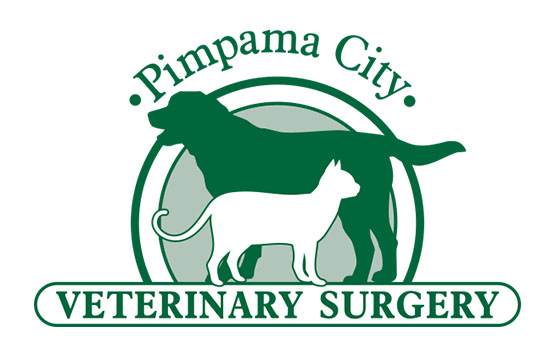Australia is inhabited by a variety of venomous snakes, and many of them are found in our region. Our clinics treat approximately 20 pets a year who have been bitten by snakes. The most common types of snakes seen in our area are brown, red-bellied blacks, rough-scaled, tiger snakes and eastern small-eyed snakes.
Snake envenomation results in a variety of clinical signs, depending on the type of snake. All Australian venomous snakes are elapid snakes, and all elapid envenomations are associated with paralysis. Many of the clinical signs observed in human envenomation patients are also seen in domestic animals. Initial signs (immediately following envenomation) include irritability, nausea, vomiting, diarrhea and loss of consciousness. Collapse and vomiting may occur within a few minutes of a bite followed by apparent “recovery”.
As time progresses, we see dilated pupils, increased salivation and distressed breathing. Approximately 3 hours after the animal has been bitten paralysis of all muscles, including the respiratory muscles, is severe enough to cause death. Some snakes also cause severe clotting defects.
The rate of deterioration is variable, and depends on the size of the animal, the type of snake and the amount of venom delivered.
Treatment of snake bite in animals is centered on supportive therapy and the administration of antivenom. Supportive therapy principally involves administration of large volumes of intravenous fluids, and airway support to ensure sufficient oxygen delivery to the vital organs. Prolonged periods of hospitalisation are often necessary in these cases.
The appropriate antivenom should be administered as soon as signs of envenomation are observed. It is best if the snake is identified by the owner, although this is not always possible. When it is not possible to identify the snake, we opt for a polyvalent antivenom, which neutralises most of the venomous snakes in our area (tiger, brown, red-bellied black but not death adder).
If you suspect your pet has been bitten by a snake, you should seek immediate veterinary advice. We have found that animals treated early have a much quicker recovery, and a much better prognosis.



